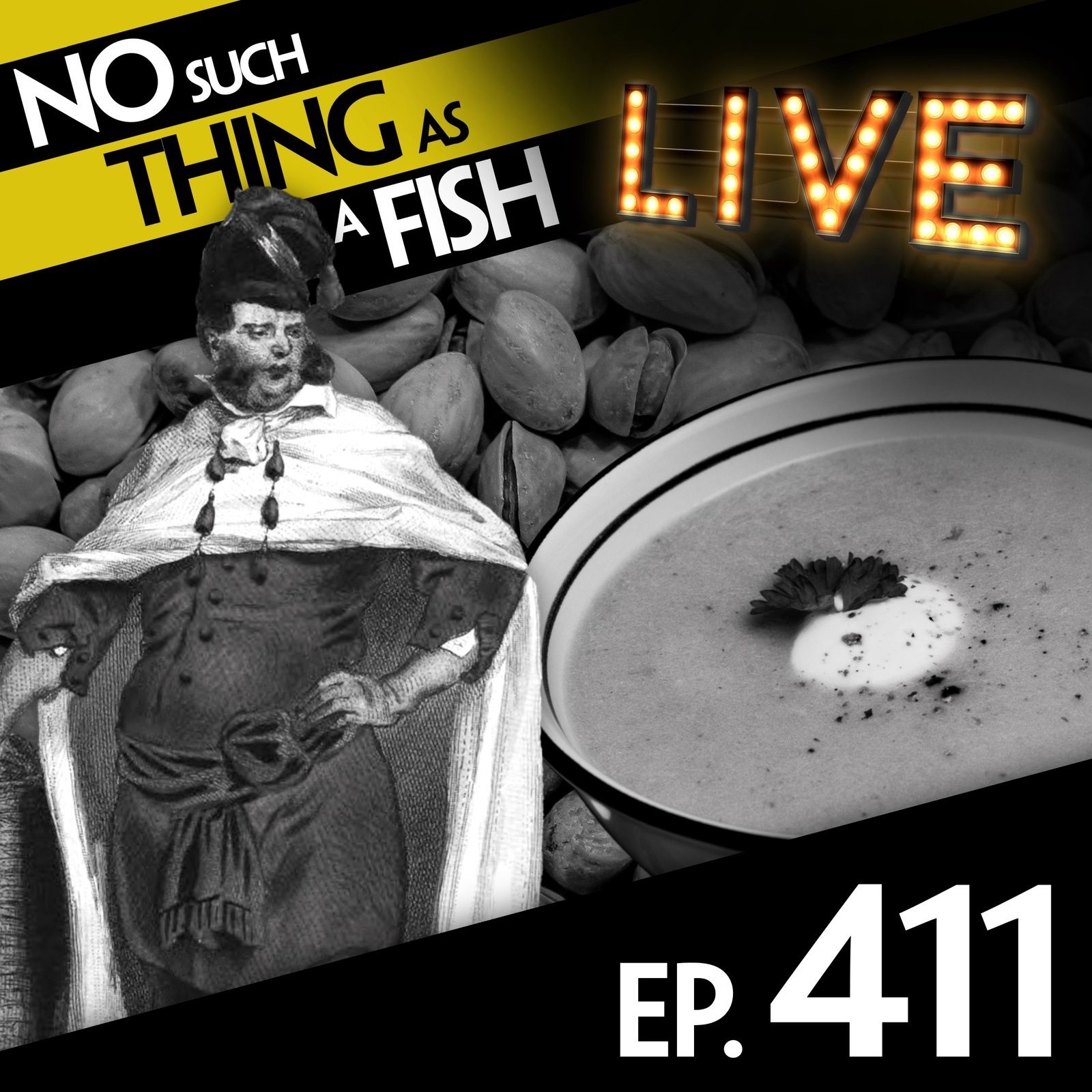411: No Such Thing As Cristiano Ronaldo Eating Pistachios
Live from Manchester, Dan, James, Anna and Andrew discuss postcards, pistachios, postcards and a glamorous guillotiner. Visit nosuchthingasafish.com for news about live shows, merchandise and more episodes.
Press play and read along
Transcript
Transcript is processing—check back soon.
No Such Thing As A Fish — 411: No Such Thing As Cristiano Ronaldo Eating Pistachios





